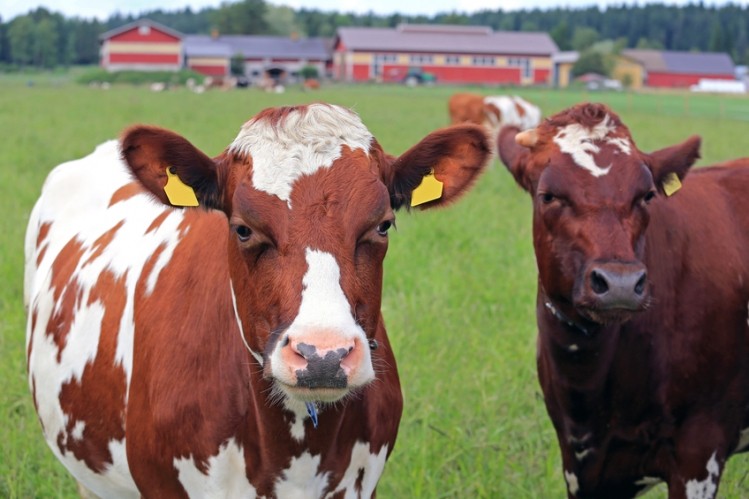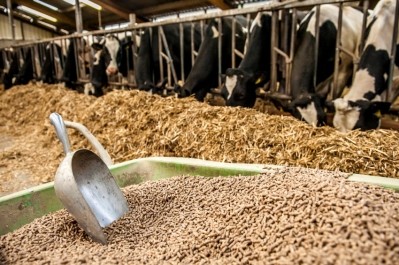Concerns raised again about feed link in Irish farming bonus schemes

Bonus levels will depend on output and the amount of purchases made with Glanbia Ireland, so that for a dairy farmer supplying 500,000 liters of milk and spending over €0.75 per liter with the company, the bonus would be up to €3,750.
Purchases with Glanbia Ireland can cover feed, fertilizer, veterinary medicines, dairy hygiene products and farm hardware.
Beef, sheep and pig farmers that are Co-op members and buy their feed from Glanbia Ireland will qualify for a Feed Trading Bonus. This will total €10 per ton for beef and sheep feeds and €5 a ton for pig feed and straights.
In a statement about the latest Glanbia bonus scheme, chair of the Co-op, Henry Corbally, said: “This is a progressive scheme that will recognize and reward our members’ trade with Glanbia Ireland. It is an equitable and transparent means of returning a share of Glanbia Ireland profit to our active farmers.”
However, at the Irish Farmers’ Association (IFA), national dairy chair, Tom Phelan, said: “Many Irish dairy co-operatives operate trade bonus schemes for their members. The IFA takes the view that it is essential that these should be standalone schemes that come without conditionality, unrelated to the purchase of feed or other inputs, and which leave members free to shop around for the best value inputs.”
Last autumn, Glanbia launched its first five-year fixed milk price scheme. Other schemes run by the co-operative have been for up to three years. “A link to feed supply was optional, but priority was given to farmers who chose that,” explained head of farmer relations at Glanbia, Pat O’Keeffe.
At the time, that five-year scheme drew criticism from both the IFA and the Irish Creamery Milk Suppliers Association (ICMSA) for linking involvement in the scheme with feed purchases.
Four weeks into 2018 Glanbia bonus scheme, it had “not seen too much by way of a response”, said O’Keeffe, explaining that this was a busy time on any farm.
Milk volume hike in Ireland
In 2017, the volume of milk supplied by Glanbia Co-operative farmers grew by 9%, with 74% of members increasing production. Glanbia Ireland processed nearly 2.6bn liters of milk in 2017. Milk production has grown overall in Ireland since EU quotas were abolished in 2015.
“Irish milk prices are good at the moment,” said O’Keeffe. “Markets in Ireland are seasonal, and there can be capacity issues. In continental countries such as the Netherlands or Germany, farmers have greater access to fresh dairy markets, while most Irish dairy production has to be exported. If we were supplied milk on a flat, year-round basis, we’d be able to pay more.”
Glanbia is one of a dozen or so farming co-operatives in Ireland. Owned by its 16,000 farmers, it is the largest milk-purchasing co-operative in the country, and is based principally around the eastern coast and southeast of the country. The co-operative owns 60% of Glanbia Ireland, which is also the largest feed supplier in Ireland.








